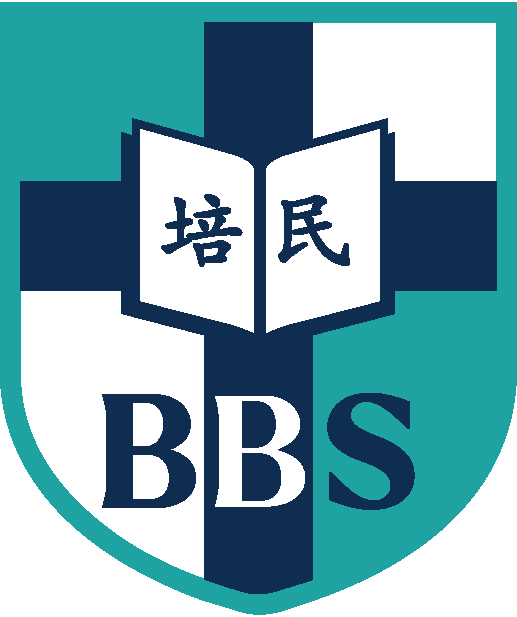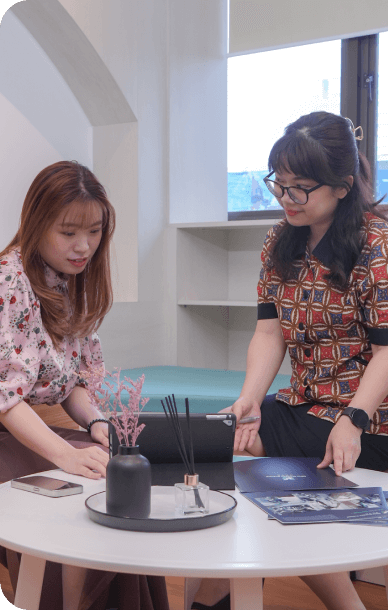What is the Difference Between IB and Cambridge Education
The terms "IB" and "Cambridge" must be familiar to parents looking for a new school for their child, but what are they exactly, and how do they differ from each other? Furthermore, which one is better for your child?
IB refers to the International Baccalaureate programme, while Cambridge refers to the Cambridge curriculum. While both curriculums are highly regarded by top international education providers worldwide, there are subtle differences in how these two curriculums work.
International Baccalaureate

IB offers programmes for students at three different educational levels:
- The Primary Years Program (PYP) for elementary school
- The Middle Years Program (MYP) for lower secondary school
- The Diploma Program for high school
The IB curriculum is designed to stimulate overall growth and development among its students. The programmes place emphasis on growing a student's creative, emotional, intellectual, and social capabilities.
Cambridge Curriculum

Similarly, the Cambridge curriculum offers primary school-level programmes to high school, with Cambridge Primary, Cambridge Lower Secondary, Cambridge Upper Secondary, and Cambridge Advanced.
The Cambridge curriculum's rigorous and college-like approach encourages students to think critically and become global citizens who are active problem-solvers. It follows a global and comprehensive philosophy in teaching, expanding young learners' outlook beyond their communities.
Difference in Approach
While both are internationally recognised programmes, they mainly differ in their practical application.
IB is a project-focused programme, in addition to the internal and external assessments. IB students are required to complete a significant amount of independent and written projects to graduate. For example, students need to complete Personal Projects and Extended Essays for the MYP and Diploma programmes.
Community service is also a part of the IB curriculum, while it is not a part of the Cambridge curriculum.
While the Cambridge curriculum still employs independent projects as an assessment method, it is not as project-focused as IB. Compared to IB, the Cambridge curriculum is more structured, with more assessments and examinations for students to assess their progress.
The Cambridge Advantage
The Cambridge curriculum is more preferred due to its structured framework, making it easier for schools to implement and for students to follow. For instance, the Cambridge curriculum offers the IGCSE examinations for Sec 4/Grade 10 students, which is not available to their IB counterparts. Not only is it easier to follow for the students, but it is also easier for parents to understand and assess their child's academic progression.
With over two decades of experience, Bina Bangsa School (BBS) is one of the most experienced authorised education providers for the Cambridge Primary, Cambridge IGCSE, and Cambridge A-Level programmes in Indonesia. In our two-decade academic experience, some of our students have been awarded the Cambridge Learners' Awards due to their impressive academic performance.
How to Apply
BBS accepts applications for all its six campuses in Jakarta, Bandung, Semarang, Malang, and Balikpapan for Pre-School, Primary, Secondary, and Junior College education levels. Click here to find out how to apply.






